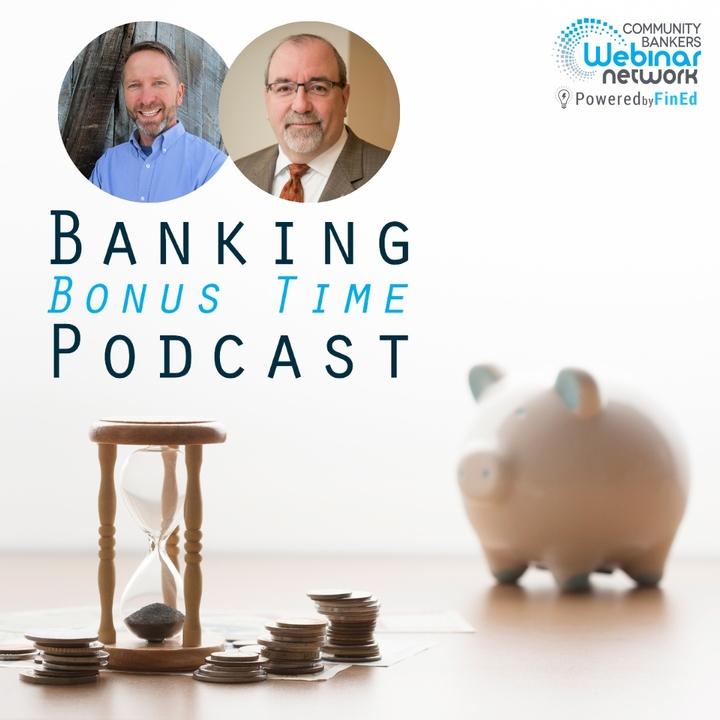
10 Questions To Ask When Accepting A Power Of Attorney
10 Questions To Ask When Accepting A Power Of Attorney
What does it mean for your bank when the Attorney-in-Fact breaches their fiduciary duty? In a recent Community Bankers Webinar Network webinar, Elizabeth Fast explained “The law provides protections for third parties, like your bank. Your bank can freely rely on and contract with an Attorney-in-Fact with respect to the subjects and purposes encompassed or expressed in the POA document. You have the right to assume that they are acting properly, and if your bank acts in good faith in dealing with the Attorney-in-Fact, you will be protected from liability of the unscrupulous Attorney-in-Fact.”
What questions should your bank ask when accepting a power of attorney? Elizabeth provided a checklist of 10 important questions your team should ask every time when accepting a POA.
- Should this Power-of-Attorney be reviewed by the financial institution’s legal counsel?
- Is the principal still alive?
- Is this Power-of-Attorney current?
- Does this Power-of-Attorney comply with all of the financial institution’s policy requirements? Only permit “durable” Power-of-Attorney? Require all joint owners to consent? Only permit one Attorney-in-Fact?
- Does this Power-of-Attorney authorize this specific transaction?
- Does this Power-of-Attorney have springing language or has the springing condition been met?
- Does this Power-of-Attorney authorize multiple Attorneys-in-Fact? Must all Attorneys-in-Fact sign jointly or can one Attorney-in-Fact sign independently?
- Does the financial institution have a copy of the Power-of-Attorney on file?
- Did the financial institution obtain the Attorney-in-Fact’s signature on the signature card?
- Did the financial institution obtain CIP information about the Attorney-in-Fact?
To gain more insights from Elizabeth Fast, visit her page to access upcoming and on-demand webinars.
Read These Articles Next
November 21, 2023
February 2, 2022
March 11, 2024
© 2026 FINANCIAL EDUCATION & DEVELOPMENT, INC






